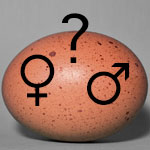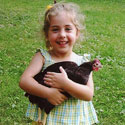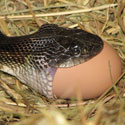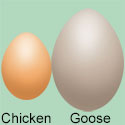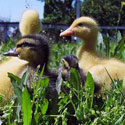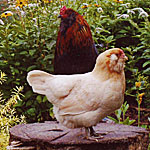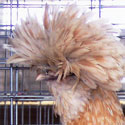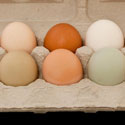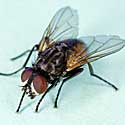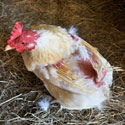
Chickens lose feathers for any number of reasons, some of which are seasonal, while others can occur at any time of year. Here are the most common reasons chickens and other poultry lose feathers and what you can do to help your feathered friends remain feathered. Feather Picking Feather picking is most likely to […]
Continue Reading
